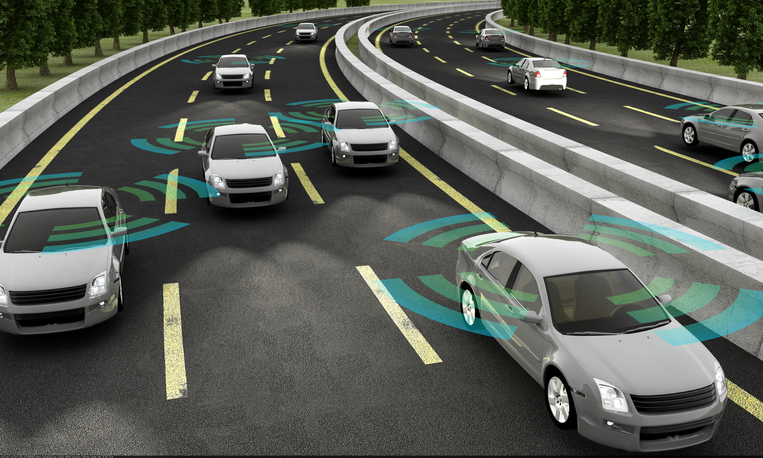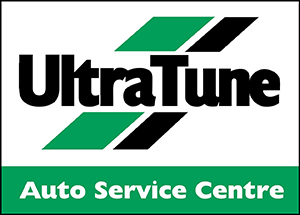Efficiency has always been a substantial component of success within business and as automation continues to improve and become more abundant, we ask ourselves what does that mean for fleet management?
Once upon a time so many components surrounding data analysis, manufacturing, organising, and maintenance required the human hand and mind.
However, as innovation continues to leap forward there are more options available to fleet managers to ensure the risk of human error is reduced and productivity is increased.
New software and resources relating to data analysis, organisation and budgeting have been helping fleet managers reduce costs and eliminate inefficiencies. As digital evolution continues, effective route planning, fuel monitoring and cost management become easier in fleet.
When looking at the future of automation in fleet, autonomous vehicles, while still in the early stages, have the potential to become a large part of the industry.
Autonomous vehicles eliminate the need for drivers and are predicted to increase the safety of roads as they also remove potential human error, relying solely on the precision of computer A.I and robotics.
After the development of a new generation of autonomous vehicles, Motional President and CEO, Karl Lagnemma speaks about “A vision of a driverless future becoming a reality.”
The transport industry is ever evolving and new pathways for successful fleet management are created constantly. It places those in the industry in a unique position with the responsibility to keep up and remain up to date on those opportunities, ensuring they remain competitive.
If you are looking for a fleet management solution, check out AfMA’s supplier directory




















